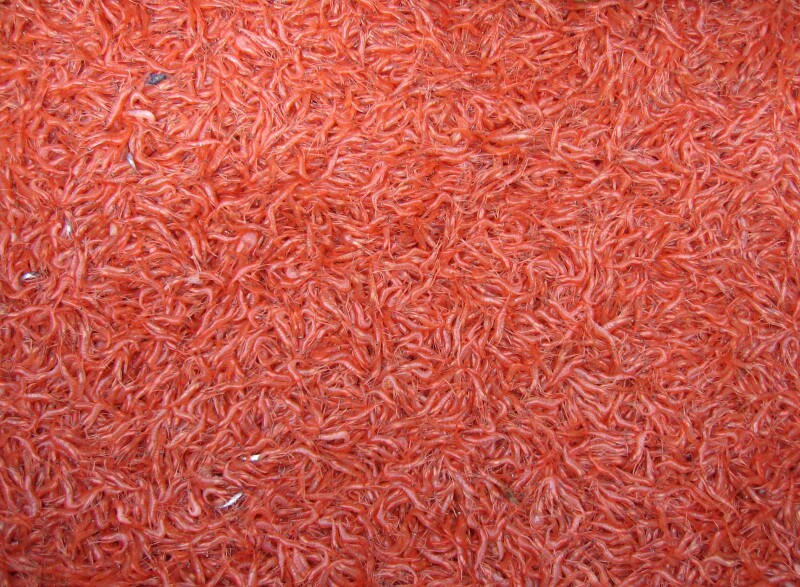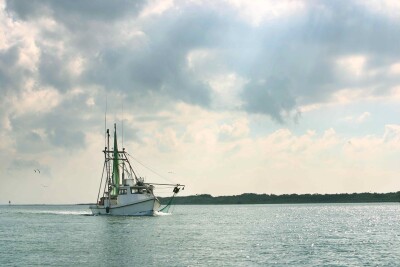The Oregon pink shrimp industry is getting a much-needed boost from the federal government this spring after another round of international trade disruptions threatened to sideline the start of the 2025 season.
The U.S. Department of Agriculture (USDA) announced it will purchase $16 million worth of Oregon pink shrimp through a program aimed at stabilizing domestic food producers during economic hardship, according to an article by Oregon Public Broadcasting (OPB).
The federal buy comes after processors along the Oregon Coast opted to delay the start of the Pacific pink shrimp season in early April, pushing back operations by at least two weeks due to ongoing uncertainty in overseas markets.
“They decided to wait and put it off two weeks at least,” Nick Edwards told OPB, Edwards, secretary of the Shrimp Producers Marketing Cooperative and a commercial fisherman himself, cited lingering fallout from trade tensions that began with the Trump administration’s imposition of a 10 percent tariff on all imported goods to the U.S. In retaliation, the European Union —historically one of Oregon’s strongest markets for pink shrimp —levied a 25 percent tariff on U.S. cold-water shrimp, including Oregon pinks.
While the EU tariffs have since been paused, Edwards said the damage was already done, claiming European buyers canceled several shipments weeks before the pause was announced.
In response to the disrupted market, Oregon seafood leaders and state officials urged the USDA to step in. The recent purchase is the result of that coordinated effort, and it will offer critical relief and support to processors and fishermen.
Executive director Lori Steele of the West Coast Seafood Processors Association said the purchase “gives struggling fisheries a much-needed boost,” especially in the wake of COVID-related restaurant closures and a persistent oversupply of shrimp in recent years.
“We have the ability to catch tens of millions of pounds every year,” Steele told OPB. “But we just haven’t been able to find super solid, stable markets to meet that kind of supply.”
Read the full article on OPB here.







